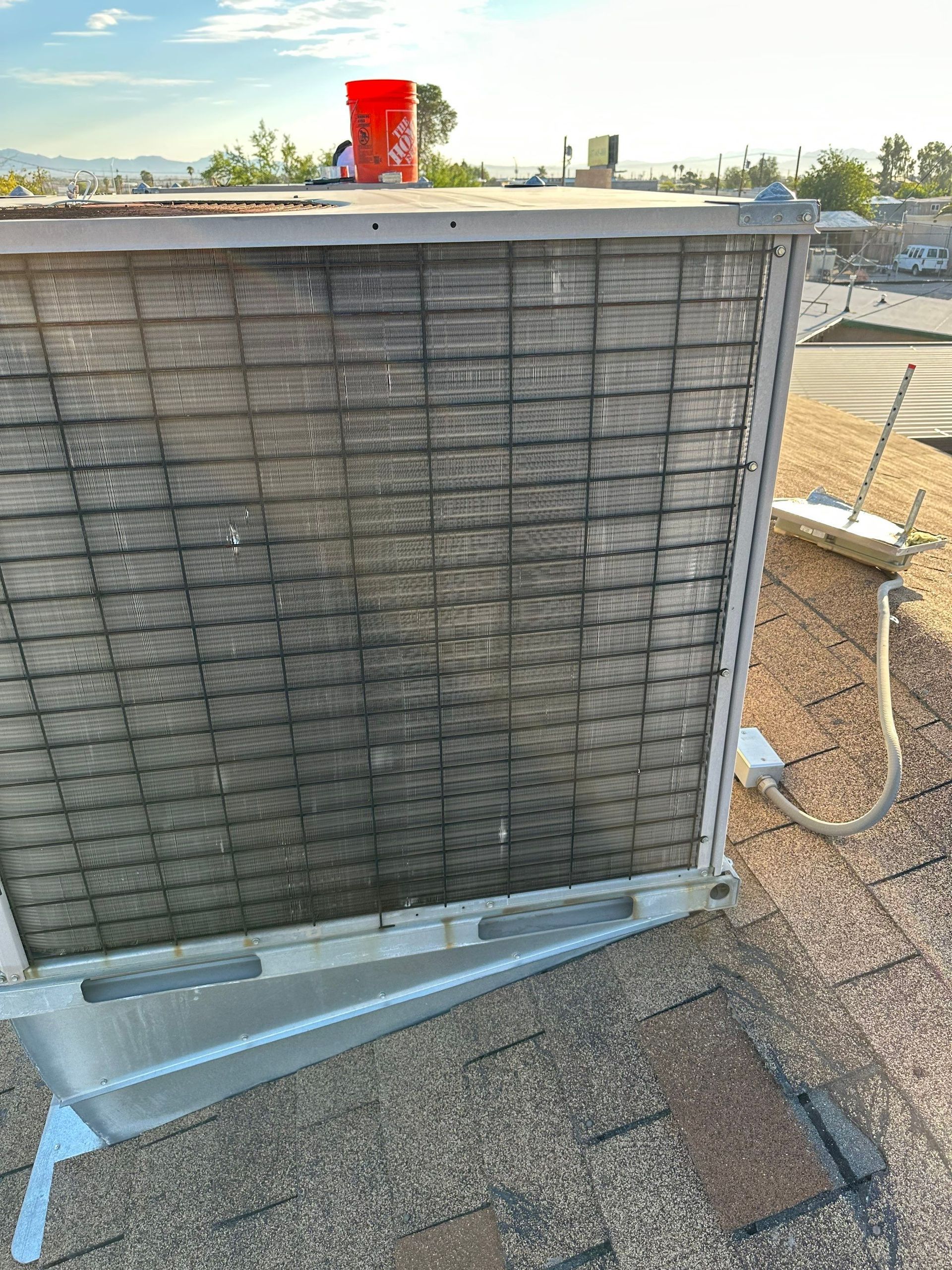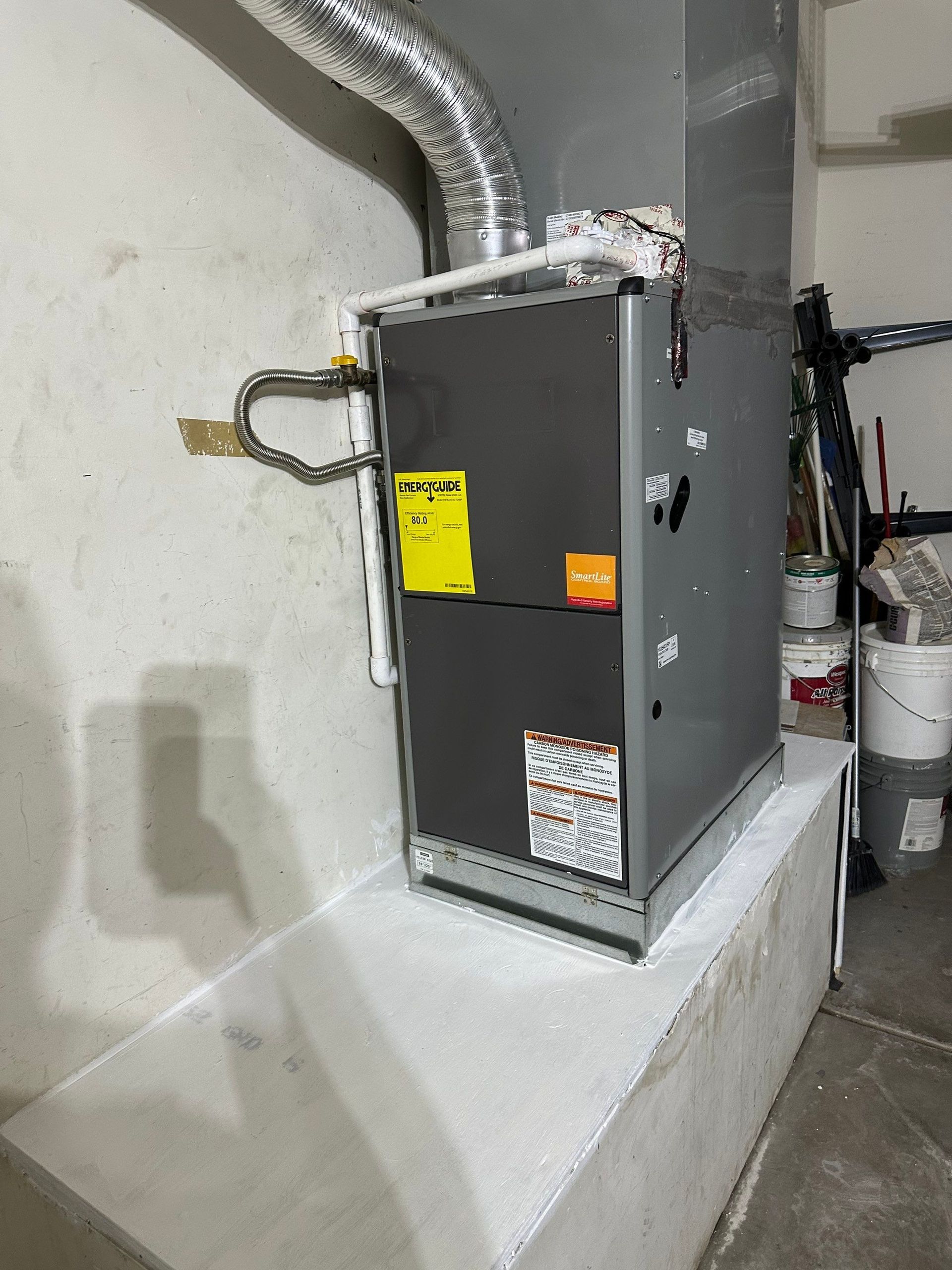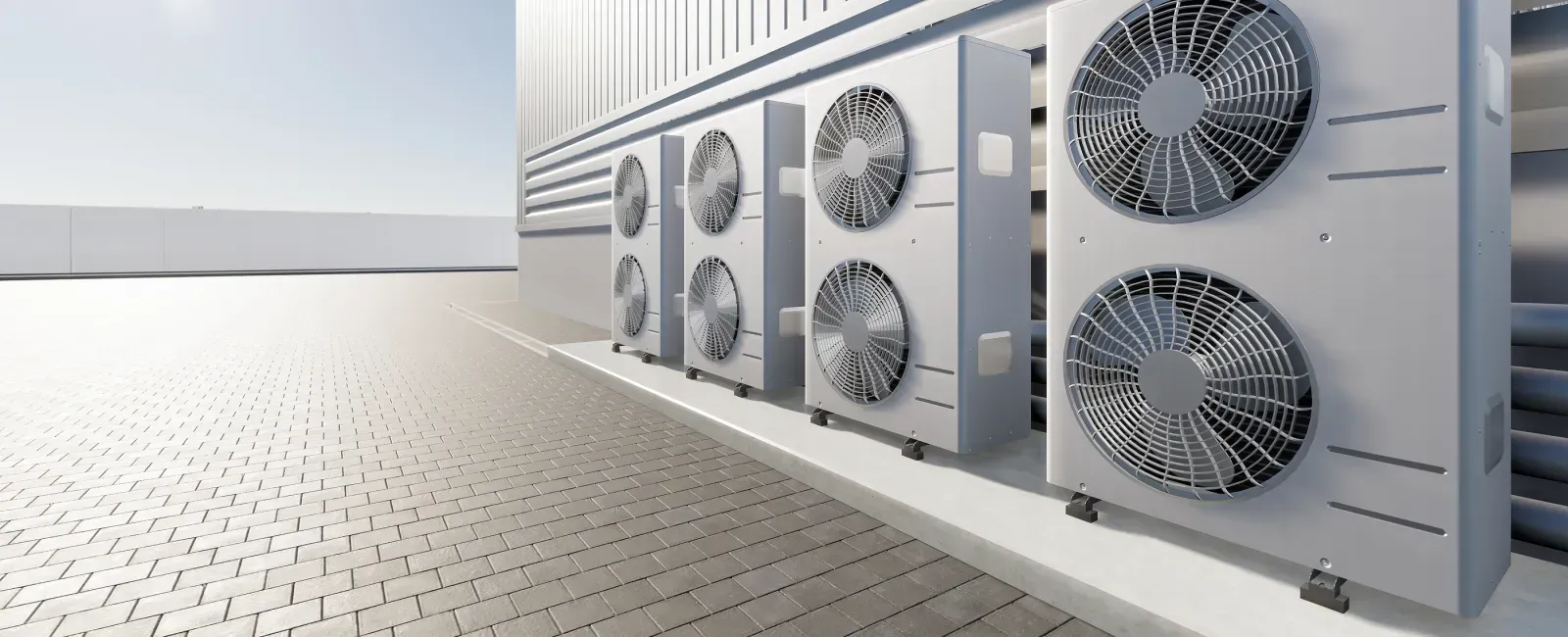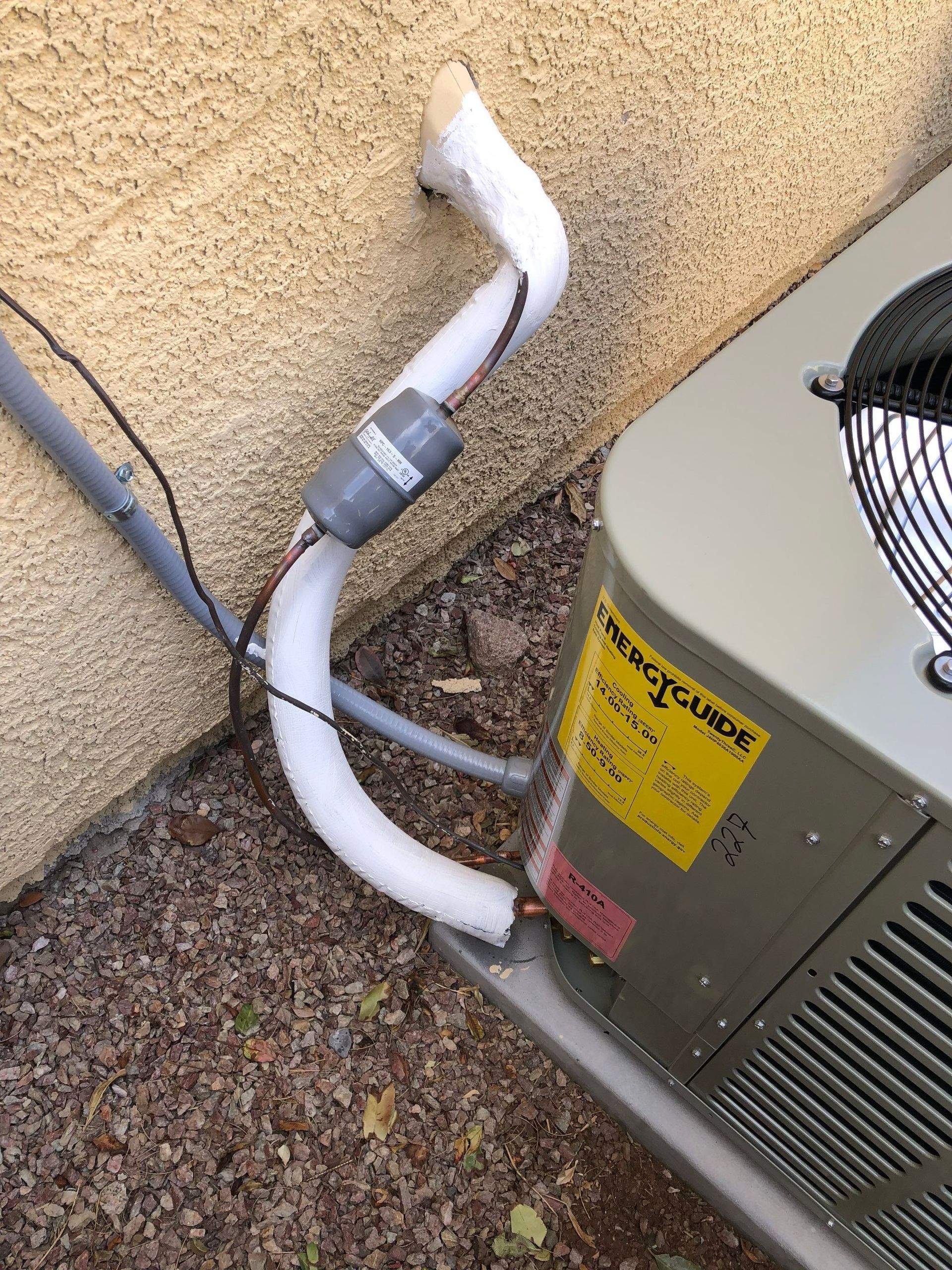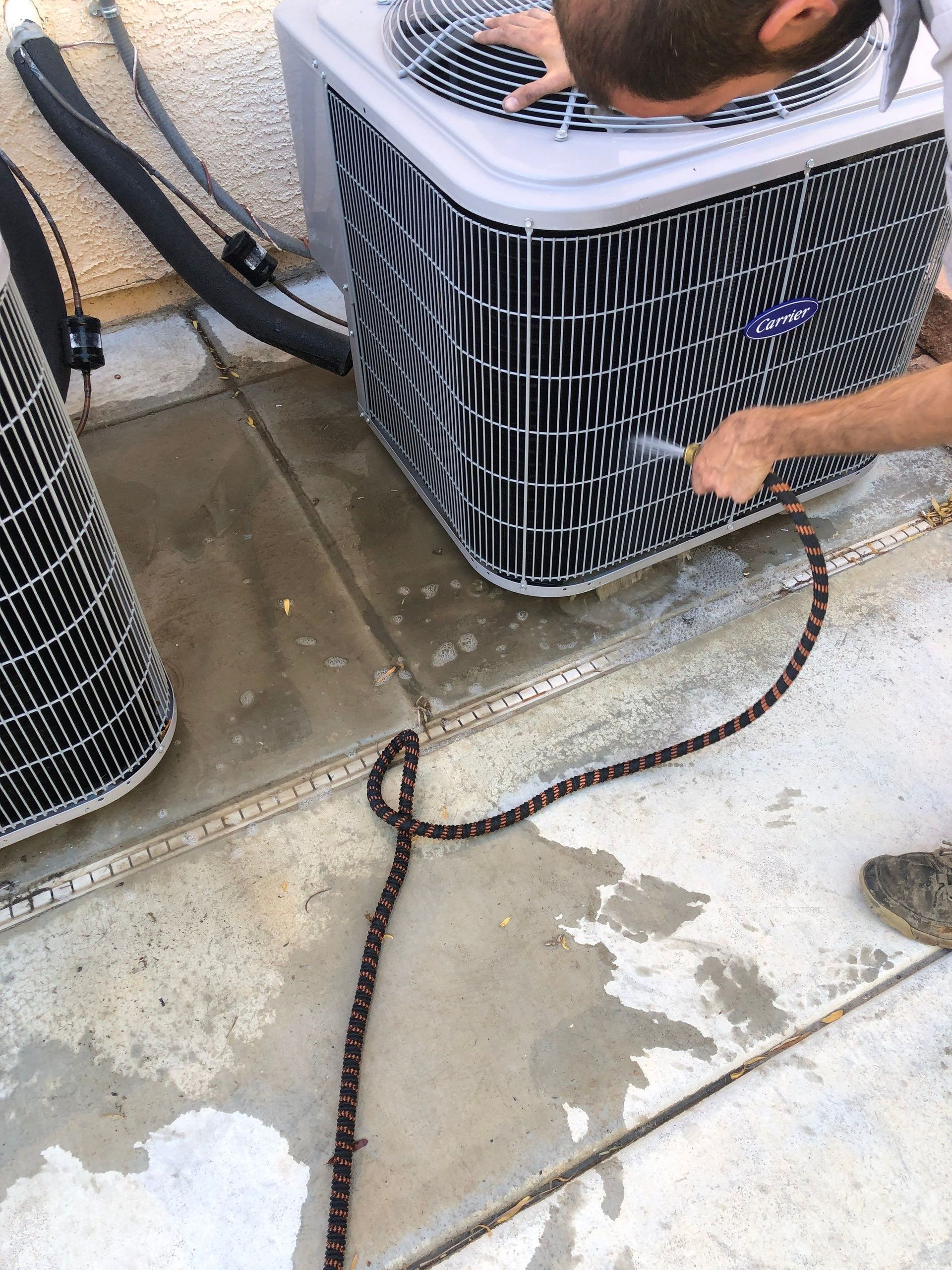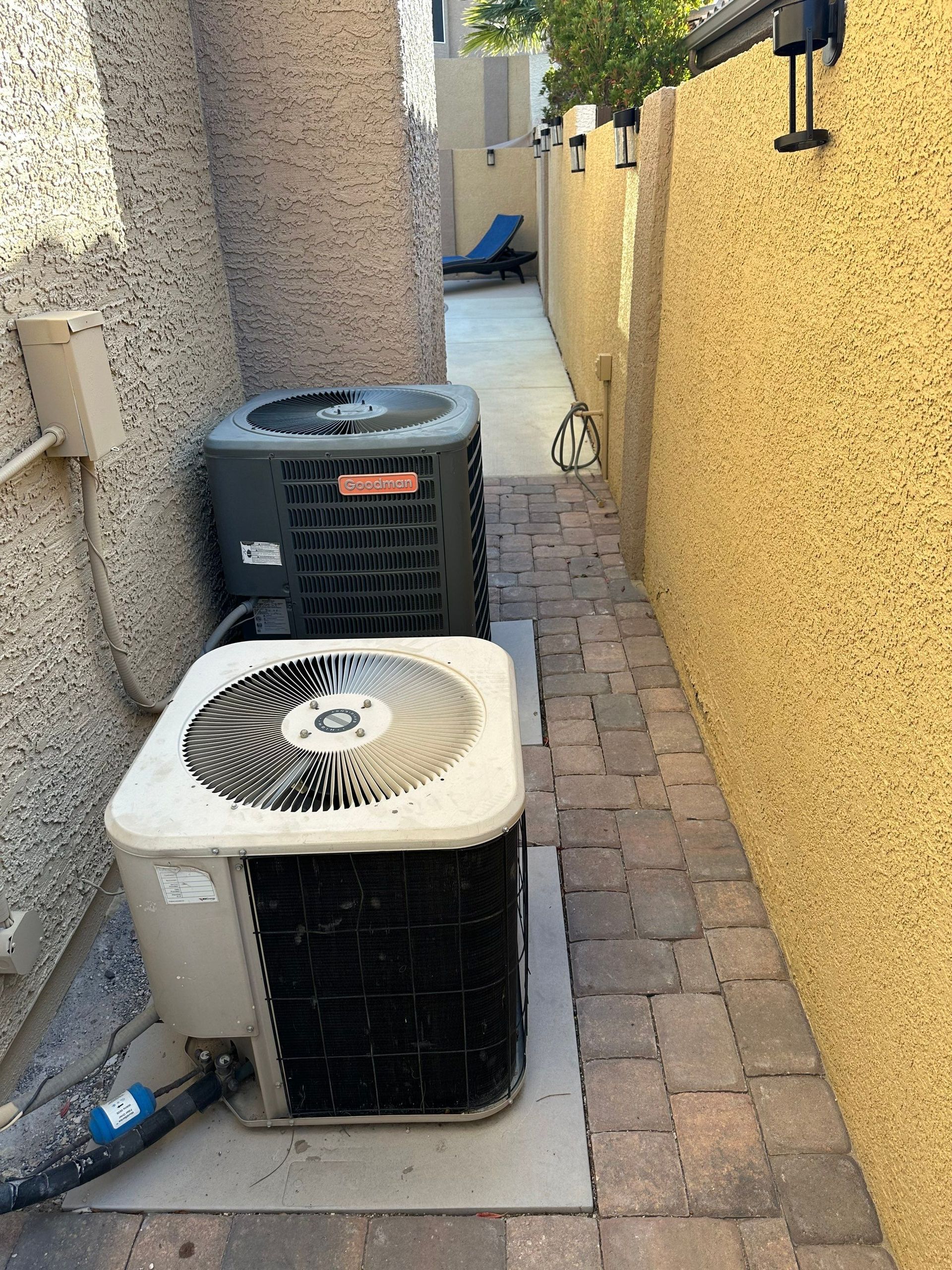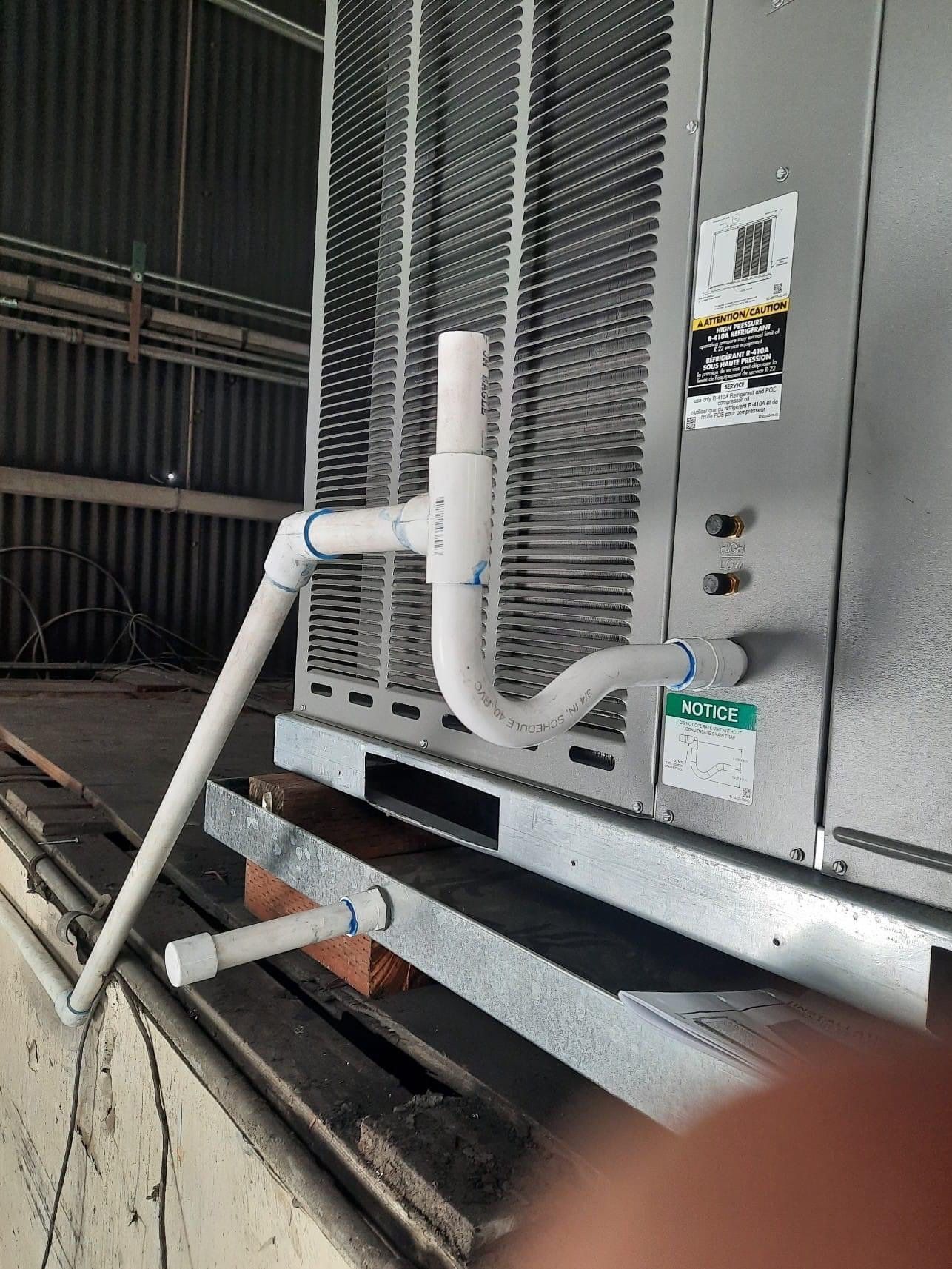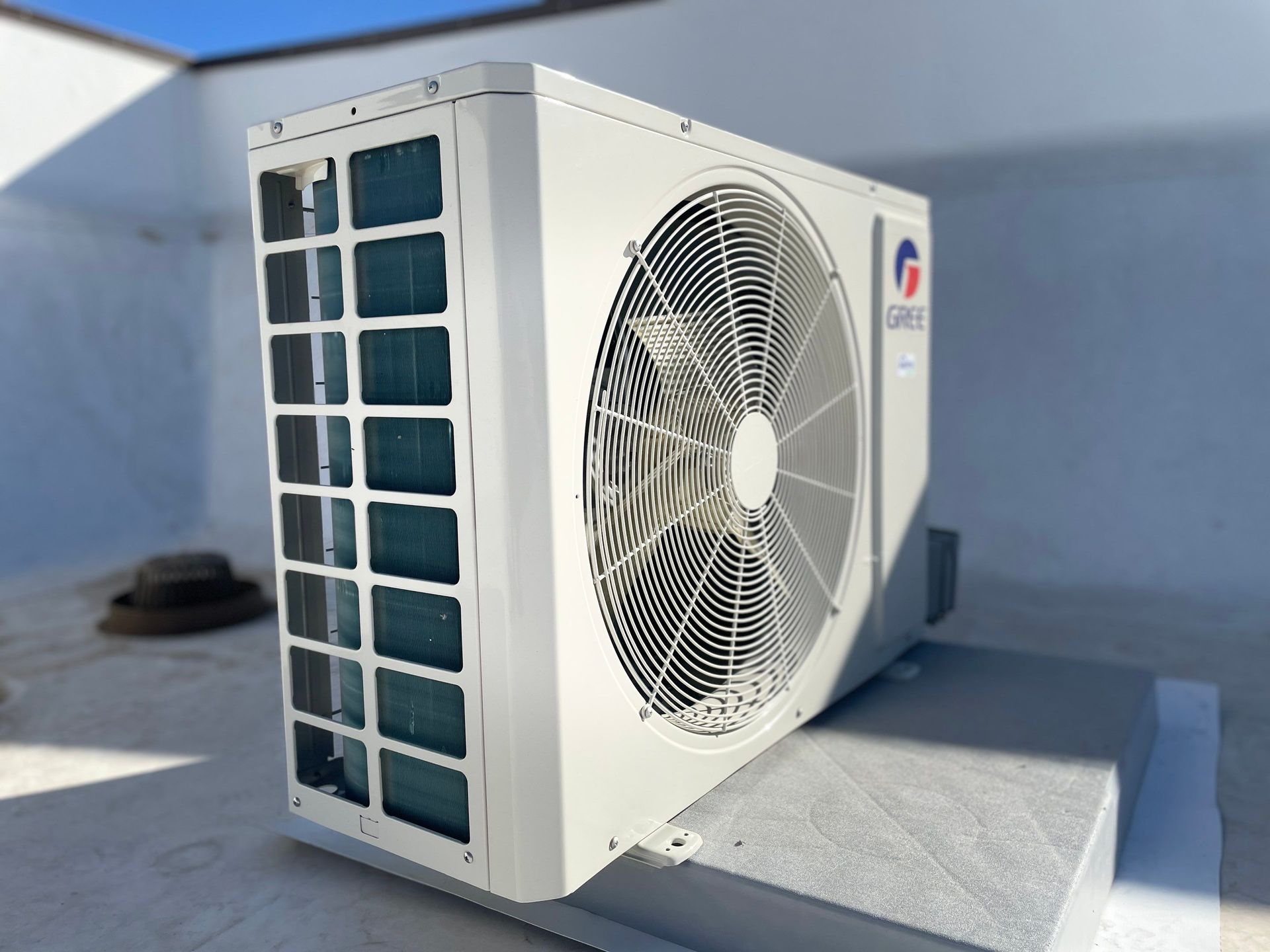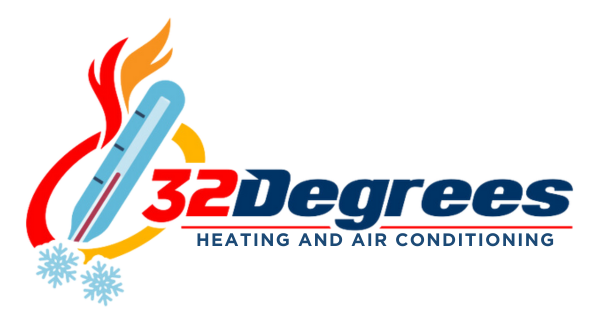Understanding the Role of Capacitors in Air Conditioning Systems
When it comes to keeping your home cool, your air conditioning system relies on many components working together seamlessly. One of the unsung heroes of this process is the capacitor. You may not hear much about it, but when it fails, your AC system will likely let you know—loudly and inconveniently. Let’s check out what capacitors do, how they work, and why they’re so essential to your air conditioning system.
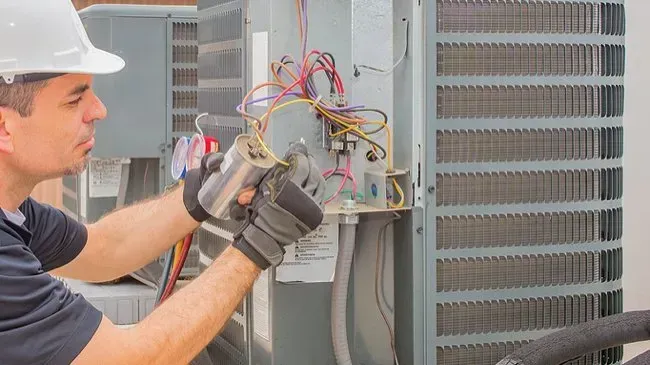
What Is a Capacitor?
Think of a capacitor as a small battery that stores and releases energy. Unlike a regular battery, it doesn’t provide a steady stream of power. Instead, it delivers a quick burst of energy when needed. This is crucial for an air conditioning system, where motors require an extra jolt of power to start and run.
In an AC system, capacitors are found in key places, such as the compressor, condenser fan motor, and blower motor. Each one plays a specific role in helping your air conditioner operate efficiently.
How Does a Capacitor Work in an AC System?
Capacitors work by storing an electrical charge and releasing it when the system requires a boost. Here’s how it typically functions:
- Start Capacitor: This provides the initial energy burst to get the motor running. Without it, the motor would struggle to start—or not start at all.
- Run Capacitor: Once the motor is running, the run capacitor maintains a steady flow of energy to keep it operating efficiently.
These two types of capacitors work together to ensure your air conditioner can start up smoothly and run consistently without overloading the system.
Signs of a Faulty Capacitor
A capacitor may be small, but when it fails, it can cause big problems for your AC system. Here are some common signs that your capacitor might be failing:
- Difficulty Starting: If your AC struggles to start or takes longer than usual to kick on, the start capacitor could be the issue.
- Unusual Noises: Buzzing or clicking sounds from your AC unit can point to a failing capacitor.
- System Not Running: A completely failed capacitor can prevent your AC from running at all.
- Inconsistent Cooling: If your home isn’t staying as cool as it should, the run capacitor might not be providing enough power.
- Higher Energy Bills: A struggling capacitor can make your system work harder, leading to increased energy consumption.
What Happens When a Capacitor Fails?
When a capacitor fails, the affected motor—whether it’s the compressor, condenser fan, or blower—won’t receive the energy it needs to start or run. This puts additional strain on the entire system, potentially leading to overheating, motor failure, or even damage to other components.
For instance, if the start capacitor fails, your AC might hum but fail to start. If the run capacitor fails, the system might start but struggle to maintain consistent performance, leading to uneven cooling or frequent short cycling.
Diagnosing and Replacing a Faulty Capacitor
Diagnosing a capacitor issue often requires specialized tools, like a multimeter, to test its electrical charge. If the capacitor isn’t holding a charge or shows physical signs of damage (like bulging or leaking), it needs to be replaced.
While replacing a capacitor might seem simple, it’s always best to leave this task to a professional HVAC technician. Capacitors store electricity even when the system is turned off, making them potentially dangerous to handle without the right training and tools.
Why Capacitor Health Matters
Capacitors are essential to your air conditioner’s performance, efficiency, and longevity. A failing capacitor can put extra strain on motors and other components, leading to higher repair costs and shorter system lifespan. Regular maintenance is the best way to ensure your capacitors—and the rest of your AC system—stay in good shape.
During a tune-up, technicians will inspect capacitors for signs of wear or damage, test their charge, and replace them if necessary. Catching a weak capacitor early can save you from dealing with a full system failure during the hottest days of the year.
Preventing Capacitor Problems
While capacitors will eventually wear out due to age and usage, there are steps you can take to minimize issues:
- Schedule Regular Maintenance: Professional inspections can catch capacitor problems before they lead to system failure.
- Protect Your System from Power Surges: Surges can damage capacitors and other components. A surge protector for your HVAC system can help.
- Keep Your System Clean: Dirt and debris can cause motors to overheat, putting extra strain on the capacitors.
The Bottom Line
Capacitors might not be the most glamorous part of your air conditioning system, but they’re critical to its operation. From starting up the motors to keeping them running smoothly, capacitors ensure your AC can do its job efficiently.
If your AC is acting up, don’t ignore the signs. A failing capacitor can lead to bigger problems if not addressed promptly. Whether you’re dealing with an issue or want to prevent one, regular maintenance and professional care are the keys to keeping your system—and its capacitors—working like they should.
Stay proactive, stay cool, and let your HVAC system take care of the rest.
Ready to work with 32 Degrees Heating and Air Conditioning?
Let's connect! We’re here to help. Send us a message and we’ll be in touch. Or give us a call today at 725-720-2912
Agency Contact Form
Our Blogs...
32 Degrees HVAC Solutions
